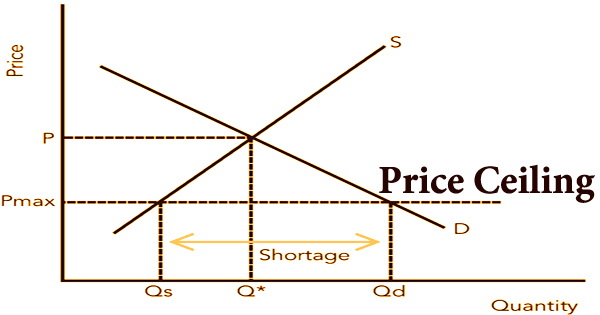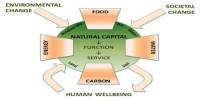Unreported employment, (also known as working under the table, illicit work, or moonlighting), is illegal employment that is not reported to the government. It is employment that the state doesn’t know about, meaning it can’t tax the employment or ensure its compliance with labor laws, health and safety regulations, and industry procedures. The employer or the employee often does so for tax evasion or avoiding or violating other laws. This is seen as an advantage to the employer, who has to pay the employee less money overall, and the employee, who won’t lose money to taxation.
In economic terms, unreported employment forms part of a state’s informal sector – known as the black market – which operates outside of the state and does not contribute to a country’s GNP. The working contract is made without social security costs and does typically not provide health insurance, paid parental leave, paid vacation or pension funds. This is often done by the employer or the employee for tax evasion or circumvention of other laws. Payments are generally in cash, and the employer often does not check the employee’s background or credentials, as is sometimes required by law or otherwise expected by the industry’s client base, such as a license or professional certification.
While the hiring of the employee may or may not be legal in itself, it is often done when the employer or the employee intentionally fails to obey one or more laws. While the hiring of the employee may or may not be legal in itself, this is often done when the employer or employee is intentionally failing to obey one or more laws. In developed nations, unreported employment evades withholding tax and is part of the informal sector. It is hidden from the state for tax, social security, or labor law purposes but is legal in all other aspects. Workers and employers who engage in this practice generally make and receive payments in cash, and often, the employer does not check the employee’s background or credentials as is sometimes required by law or otherwise expected by the industry’s client base,
Common jobs
Common types of employment sectors of unreported jobs include the following:
- Domestic work, such as housekeeping, babysitting, or foodservice
- Construction work, landscaping, farm work
- Taxicab service,
- Various types of self-employment, such as plumbing, electrician, painting, street market trading, etc
- Short-term work and day laborers
- Barbacking and restaurant work
- Human trafficking
- Prostitution.
Reasons one may work or employ a worker under the table may include:
- Cheaper labor or avoidance of minimum wage laws,
- Tax evasion,
- Avoidance of wage garnishment or payment of child support,
- Illegal immigration,
- Fugitive status,
- Criminal record.
















